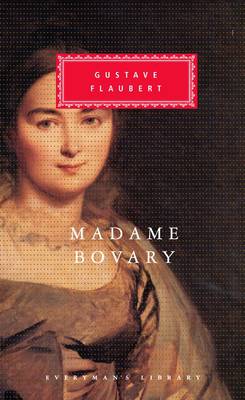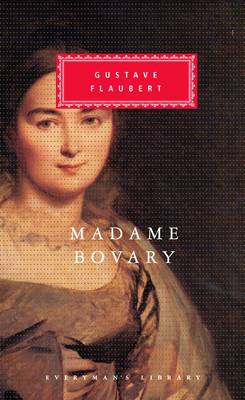
- Retrait gratuit dans votre magasin Club
- 7.000.000 titres dans notre catalogue
- Payer en toute sécurité
- Toujours un magasin près de chez vous
- Retrait gratuit dans votre magasin Club
- 7.000.0000 titres dans notre catalogue
- Payer en toute sécurité
- Toujours un magasin près de chez vous
Description
Emma, a passionate dreamer raised in the French countryside, is ready for her life to take off when she marries the decent, dull Dr. Charles Bovary. Marriage, however, fails to live up to her expectations, which are fueled by sentimental novels, and she turns disastrously to love affairs. The story of Emma's adultery scandalized France when Madame Bovary was first published. Today, the heartbreaking story of Emma's financial ruin remains just as compelling.
In Madame Bovary, his story of a shallow, deluded, unfaithful, but consistently compelling woman living in the provinces of nineteenth-century France, Gustave Flaubert invented not only the modern novel but also a modern attitude toward human character and human experience that remains with us to this day. One of the rare works of art that it would be fair to call perfect, Madame Bovary has had an incalculable influence on the literary culture that followed it. This translation, by Francis Steegmuller, is acknowledged by common consensus as the definitive English rendition of Flaubert's text.Spécifications
Parties prenantes
- Auteur(s) :
- Traducteur(s):
- Editeur:
Contenu
- Nombre de pages :
- 368
- Langue:
- Anglais
- Collection :
Caractéristiques
- EAN:
- 9780679420316
- Date de parution :
- 23-02-93
- Format:
- Livre relié
- Format numérique:
- Genaaid
- Dimensions :
- 135 mm x 209 mm
- Poids :
- 508 g

Les avis
Nous publions uniquement les avis qui respectent les conditions requises. Consultez nos conditions pour les avis.






